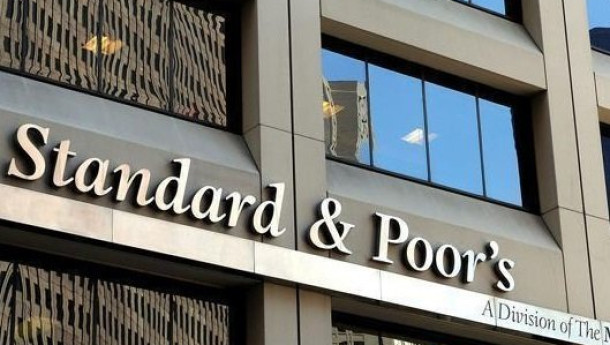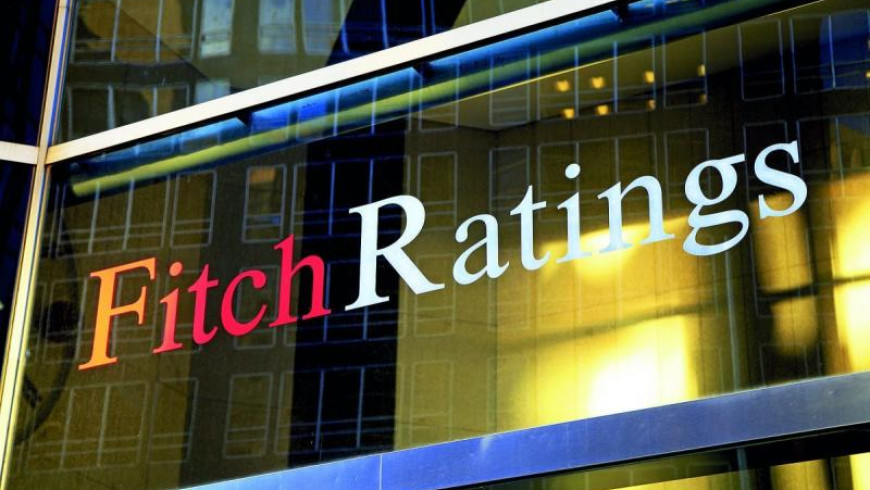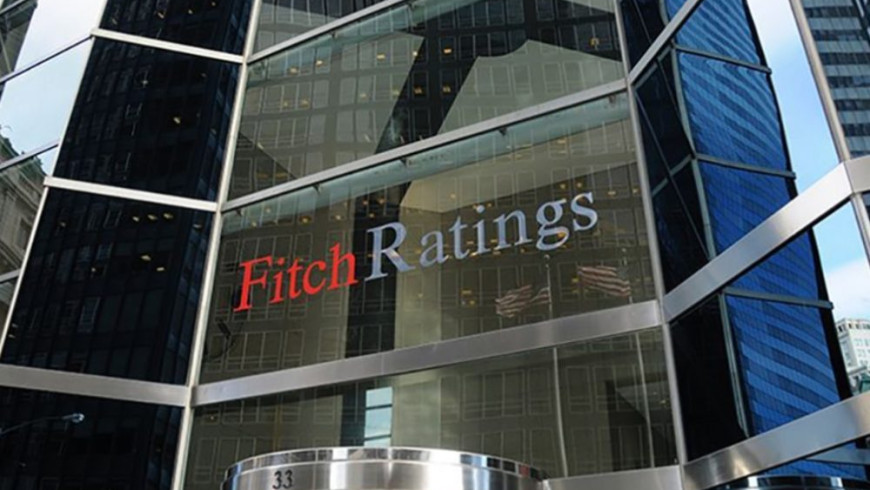
Standard & Poor’s Global Ratings affirmed Friday its `BBB-/A-3` long- and short-term foreign and local currency sovereign credit rating on Cyprus with a stable outlook.
According to the report, the stable outlook incorporates Cyprus` robust growth prospects, improving public debt dynamics, and track record of running budgetary surpluses. It also takes into account Cyprus` high stocks of public and private debt and the inherent vulnerability of a small open economy, with an important tourism sector, to rising external shocks, including from the recent coronavirus outbreak.
“We could consider raising the ratings on Cyprus over the next two years if external risks abated significantly or the banking sector materially reduced its nonperforming exposures (NPEs) and financial conditions improved. We could also raise the ratings in the case of faster-than-expected deleveraging in the economy or improved external performance”, says S&P.
On the other hand, it points out that the ratings could come under pressure if economic growth is markedly lower than their projections, endangering private debt servicing and further financial sector improvements. With external risks on the rise, ratings pressure could also stem from deteriorated fiscal performance or a substantial increase in the general government debt burden.
According to the rationale, the ratings are supported by Cyprus` wealthy economy, solid growth prospects, and policymakers` commitment to operating budgetary surpluses. The rating agency, also sees positively the ongoing progress in restoring the banking sector`s health.
Constraints to the ratings include Cyprus` elevated public and private debt levels and the still-high proportion of NPEs in the banking system. Rising external uncertainties also pose a risk to Cyprus` small open economy, particularly its tourism sector, which has been a key pillar of economic growth.
Excluding a one-off deficit in 2018 due to support granted to the Cyprus Cooperative Bank (CCB), consistent budgetary surplus has put Cyprus` government debt-to-GDP ratio on a rapid downward trajectory. Although public debt levels remain high, proactive debt management has considerably improved the country`s public debt profile, as has the highly supportive monetary policy measures introduced by the ECB since 2012. Average maturity has been lengthened beyond eight years, while debt-service costs have been falling. This is notably thanks to the early repayment of a bilateral loan to Russia in 2019 and a loan from the IMF in early 2020, as well as the issuances of long maturity euro medium-term notes (EMTNs) at lower yields.
Furthermore, authorities hold a significant cash buffer, equivalent to at least nine months of financing needs, reducing short-term refinancing risk.
Standard and Poor’s expects external headwinds to pose downside risks to growth during 2020.
It points out that high private indebtedness, although declining, is still a key economic vulnerability.
It anticipates policymaking will remain geared toward the reduction of macroeconomic vulnerabilities and improving the financial sector`s health.
It also notes that growth in Cyprus has been resilient at 3.2% in 2019, partly due to the economy`s ability to attract a steady flow of net immigration and projects that the economy will expand at a slower, but still solid, 2.5% over 2020-2023. It adds that the labor market has been dynamic, with a continuously declining unemployment rate after it peaked in 2014. It also forecasts further declines to around 5.0% in the coming years, from 7.1% in 2019 and around 13.0% in 2016.
S&P anticipates consumption will remain supportive of growth. Gradual increases in public sector wages and a healthy labor market should boost households` disposable income. However, it expects households to gradually channel a larger share of disposable income gains toward debt servicing.
Foreign-financed investment activity is also likely to remain strong, supported by ongoing projects, particularly in residential properties, education, health, and tourism infrastructure.
Regarding tourism, it is expected its contribution to decrease in the short term.
It also notes that Cyprus is, like most small open economies, highly vulnerable to external risks. Therefore, rising protectionism, lingering Brexit-related uncertainties, or a slowdown in EU or global growth could also affect our economic outlook for Cyprus. In that context, they expect the current external turbulences linked to the coronavirus health emergency to weaken external demand and weigh on prospects in the short term.














 3287.99
3287.99 1275.09
1275.09
